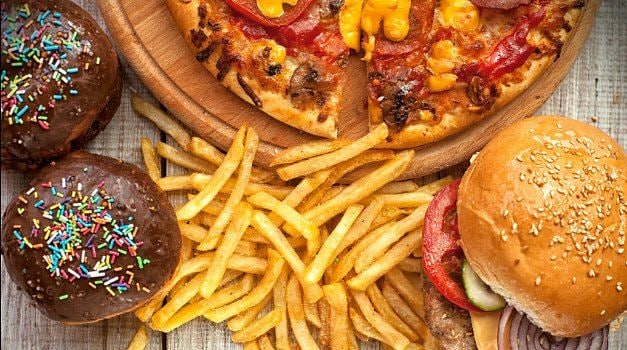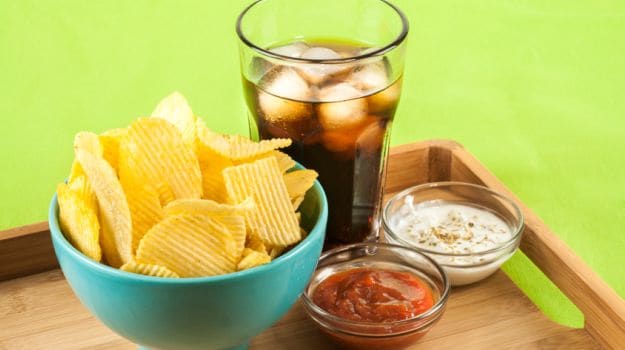
Love munching on junk? You may now have to pay a higher price for it as the Food Safety and Standards Authority of India (FSSAI) has recommended additional tax on processed food and sugar-sweetened beverages. It has also called for a blanket ban on advertising of junk foods and beverages on children’s channels and content for children across television, websites and social media. Junk food has long been touted as the culprit to cause various health problems such as obesity and diabetes, yet there has hardly been any strict measures taken against its consumption in the past decades. Junk foods like wafers, candies, processed meat, aerated drinks, etc are readily available all across the world, most with attractive advertisements and prices to lure consumers to get their fill.
In the recent times, with alarming rise in lifestyle diseases, governments across various countries are setting up measures to curb the issue at hand. Fat tax was introduced in UK, which attempted to increase the prices of junk food so that consumers turn to nutritious meals instead. Coming back to India, the Maharashtra State Government has also announced banning junk food in school canteens to fight against childhood obesity and promote healthy eating.
FSSAI’s report on ‘Consumption of Fat, Sugar and Salt (FSS) and its health effects on India’s population’ stated, “The country’s existing nutrition and public health policies fails to provide vision and urgent steps that are needed to tackle the rising problem of overweight and obesity due to increasing urbanization, sedentary lifestyles and unhealthy diets. Thus we need to recognize and formulate strategies to reduce the burden of risk factors that fuel the chronic disease epidemic. One such established risk factor is unhealthy diet, especially those high in trans and saturated fats, refined sugars and salt.”

Image Credit: Istock
Some Measures Suggested by FSSAI
In the report, FSSAI suggests the following measures –
- Monitoring of FSS intakes at a national level that will facilitate the much needed evidence and basis for establishing regulatory limits in food for manufacturing and sale.
- Advertisement ban for foods high in FSS during children TV shows or kids TV channels. Celebrity endorsements of such foods to be discouraged. The online social media websites should also comply with advertising ban for unhealthy foods.
- Additional tax on highly processed commodities and sugar sweetened beverages. Imposing additional tax on the purchase of commodities such as pre-packaged foods with high salt and fat content, sugar sweetened beverages, etc., can be a pragmatic approach to reduce their intake.
- Nutrition education and awareness. A multifaceted approach with policy convergence between nutrition, agriculture, food industries, health and allied sectors to bring about significant reduction in FSS intakes at large. Raising consumer knowledge and awareness through public health campaigns, school education programs to help make healthier food choices among the population.

Image Credit: Istock
- Advocating reformulation of commercialised products. Encourage voluntary reformulation of food products to reduce the contents of fats (i.e. saturated fats and trans fats), sugar (free sugars) and salt in packaged food.
- Positive nutritional labelling in creating awareness among the population in order to make healthier food choices. Detailed guidance from FSSAI’s panel constituted specifically for labelling issues is sought.
- Provide a nutrition-sensitive and an enabling environment to allow a consumer to make healthier choices in a sustained fashion.
The report aims to be a guideline document in reducing consumption of fat, sugar and salt through processed food products for all the stakeholders, including the FSSAI, industry and consumers.
[“source-ndtv”]



